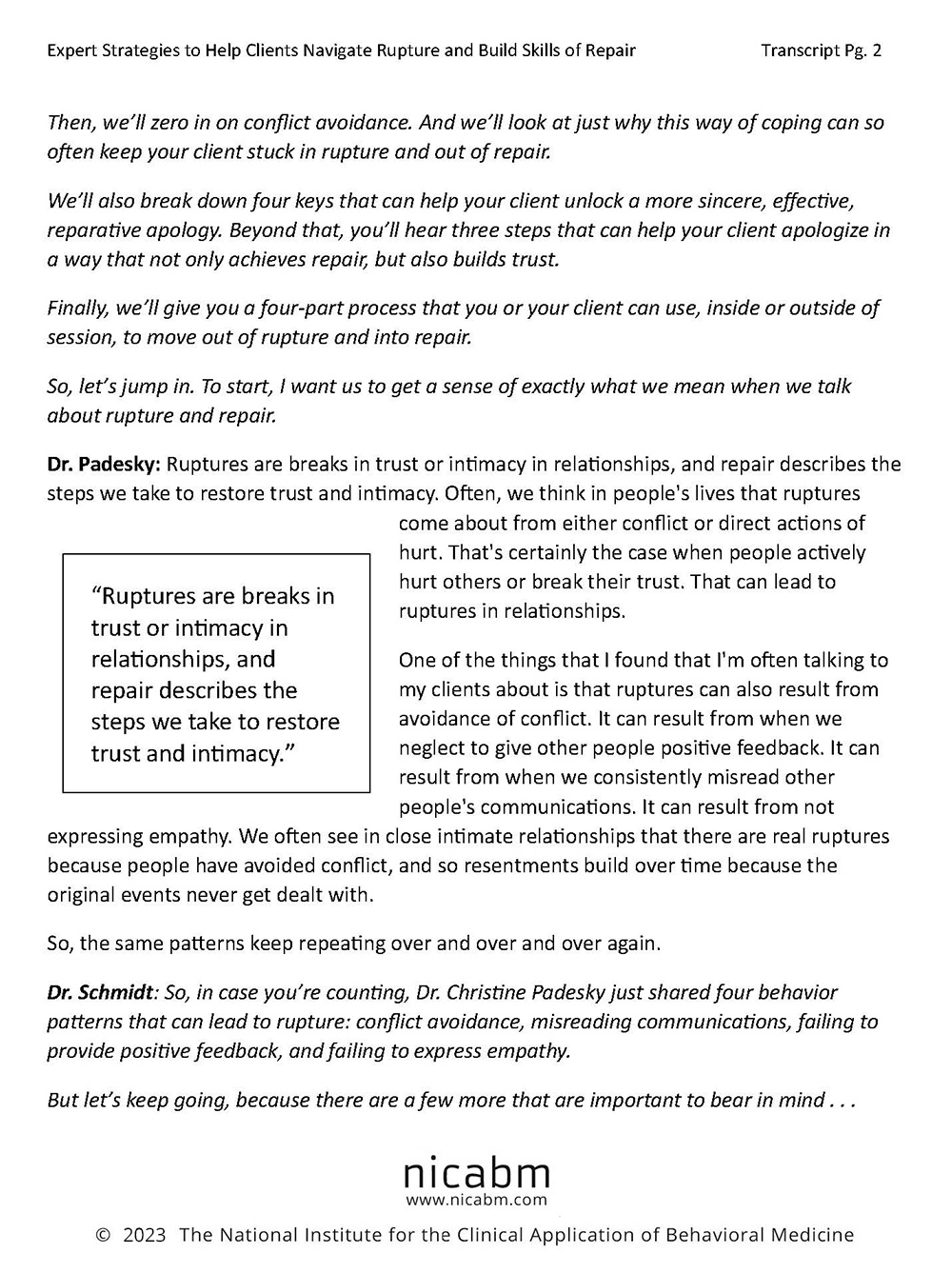Help Clients Overcome the #1 Threat to Their Relationships
Strategies to Navigate Rupture and Build Skills of Repair
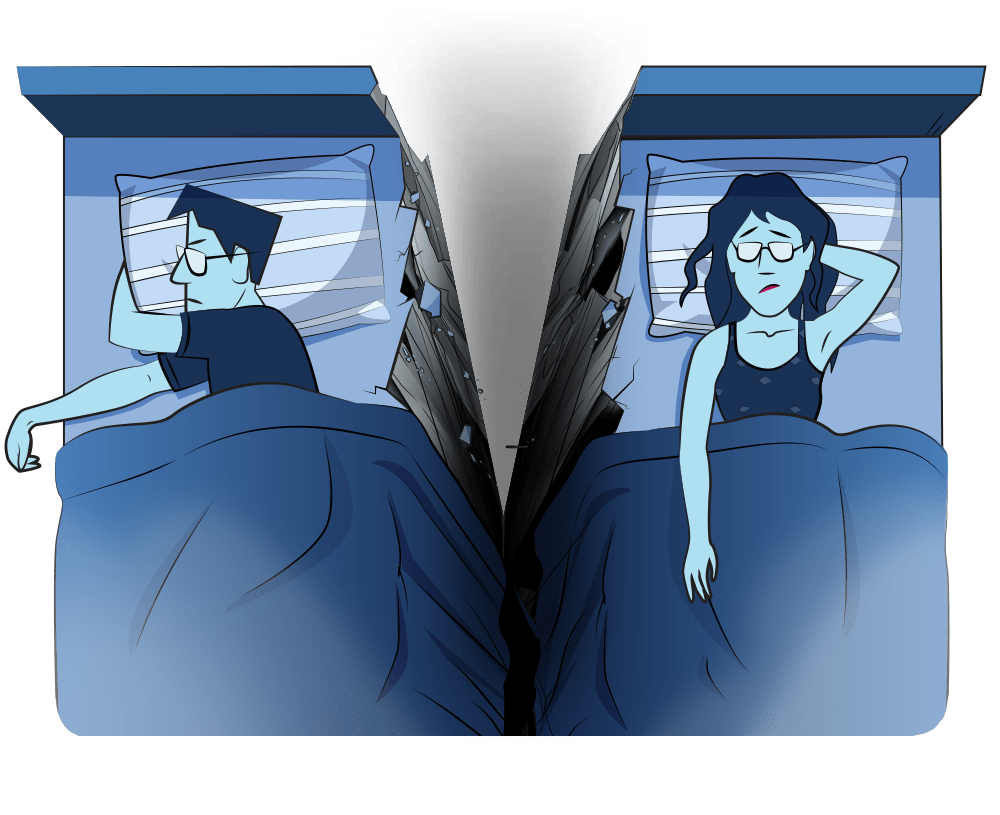
 For many clients, the number one threat to their relationships is not knowing how to respond when a rupture (inevitably) happens.
For many clients, the number one threat to their relationships is not knowing how to respond when a rupture (inevitably) happens.
That’s because too often, clients lack even basic skills for effective repair. And when relationship ruptures pile up without repair, they can spark mistrust, bitterness, and resentment that takes years to overcome (or spell the end of the relationship).
So to foster a client’s skills of repair, we need to:
- Understand how the brain and nervous system can influence the way your client perceives rupture
- Apply strategies to ease the unconscious defenses that can complicate the repair process
- Tailor the process of repair to complement your client’s attachment style
- Develop a roadmap to repair that can help your client heal ruptures in their relationships
That’s just some of what we’ll be getting into in this course:
Strategies to Help Clients Navigate Rupture and Build Skills of Repair

How to Tailor Your Repair Work to Complement Your Client’s Attachment Style
Ruth Lanius, MD, PhD Pat Ogden, PhD Deany Laliotis, LICSW
Ellyn Bader, PhD Russell Kolts, PhD George Faller, MS, LMFT
- Specific Psychoeducation to Help Clients Understand How Insecure Attachment Can Lead to Struggles with Repair
- How Clients with an Anxious Attachment Style Often Approach Rupture (and Strategies to Help Them Develop a Healthier Response)
- How to Help Clients Who Are Afraid of Rupture Deepen Their Relationships with Others
- How to Help Clients with Disorganized Attachment Learn Skills of Repair within the Therapeutic Relationship

How to Work with a Trauma That Distorts a Client’s Perception of Rupture (and Prevents Repair)
Pat Ogden, PhD Frank Anderson, MD
Juliane Taylor Shore, LPC, LMFT, SEP Dennis Tirch, PhD
- How Trauma Can Change the Brain and Shape a Client’s Perception of Rupture
- Two Key Questions That Can Help Direct Your Work with Repair in the Context of Trauma
- A Five-Step Roadmap to Help Clients Who’ve Experienced Trauma Approach Repair
- How to Help Clients Change the Non-Verbal Cues That Can Complicate the Process of Repairing Ruptures
- A Three-Step Process to Work with Ruptures That Are Rooted in Betrayal

Why the Nervous System’s Response Can Complicate Repair
Ruth Lanius, MD, PhD Janina Fisher, PhD Russell Kolts, PhD
Chris Willard, PsyD Ray Rodriguez, LCSW-R George Faller, MS, LMFT
- What Happens in the Brain and Nervous System When a Rupture Occurs
- How to Help Clients Tune into Unconscious Triggers That Can Lead to Ruptures
- A Two-Step Approach to Help Shift a Client’s Threat Response to Rupture
- A Polyvagal-Informed Approach to Helping Clients Repair Ruptures
- Strategies to Work with Clients Who Respond to Ruptures by Fighting, Submitting, or Freezing

How to Work with Clients Who Think Repair Is Not Possible
Juliane Taylor Shore, LPC, LMFT, SEP Chris Willard, PsyD Ron Siegel, PsyD
Ray Rodriguez, LCSW-R Pat Ogden, PhD Dennis Tirch, PhD
- Two Factors to Help Clients Consider Whether a Relationship Is Beyond Repair
- How to Work with Clients Who Are Considering Ending a Relationship Following a Rupture
- Strategies to Help Clients Find Peace and Closure After a Relationship Ends
- How to Help Clients Set Boundaries Without Infringing On Their Autonomy

Expert Strategies for Navigating Ruptures in the Therapeutic Relationship
Zindel Segal, PhD Raymond Rodriguez, LCSW-R
Usha Tummala-Narra, PhD Christine Padesky, PhD Kelly Wilson, PhD
- Three Subtle Signs That a Rupture Has Occurred within the Therapeutic Relationship
- A Five-Step Checklist to Help You Address Ruptures When You Recognize Them
- How to Address a Rupture That Was Initially Missed or Overlooked
- Research That Highlights the Relationship Between Repaired Ruptures and a Client’s Sudden Gains
- One Critical Piece of Repair Work That’s Often Missing In Clinical Training

How to Help Clients Overcome Patterns of Conflict Avoidance
Usha Tummala-Narra, PhD Christine Padesky, PhD Lynn Lyons, LICSW
Zindel Segal, PhD George Faller, MS Deany Laliotis, LICSW
- When “I’m Sorry” Isn’t Enough: How to Work with Clients Who Rely on Basic Apologies as a Form of Conflict Avoidance
- A Four-Step Process to Help Clients Build Trust While Repairing Ruptures
- Specific Language to Help Clients Build Skills of Repair
- Cultural Factors That Can Fuel Patterns of Avoidance (and How to Address Them)
- Nine Behavioral Patterns That Can Help Predict Rupture (and How to Help Clients Confront Their Specific Pattern)

Strategies to Help Clients Who Struggle with Attunement
Janina Fisher, PhD Eboni Webb, PsyD Usha Tummala-Narra, PhD
Chris Willard, PsyD Ellyn Bader, PhD Raymond Rodriguez, LCSW-R
- How to Work with Attachment Wounds That Impair a Client’s Ability to Attune with Others
- How to Ease Feelings of Shame and Self-Blame That Often Stem from a Client’s Struggle to Attune
- A Three-Step Process to Help Clients Who Struggle with Attunement
- How Mental Health Disorders (Like Depression and Borderline Personality Disorder) Can Impact a Client’s Ability to Attune with Others

How to Help Clients Set Boundaries in Ruptured Relationships
Michael Yapko, PhD Lynn Lyons, LICSW
Juliane Taylor Shore, LPC, LMFT, SEP Deany Laliotis, LICSW
- A Six-Step Process to Help Clients Learn to Set Boundaries
- Specific Metaphors That Can Help Clients Develop a Wider Range of Boundaries
- Strategies to Help Clients Whose First Instinct Is to Cut People Out of Their Lives
- How to Help Clients Differentiate Between Healthy and Unhealthy Boundaries
- How to Work with Clients Who Hold an “All or Nothing” View of Repair

Strategies to Help Couples Work Toward Effective Repair
Terry Real, MSW, LICSW Ellyn Bader, PhD Elliott Connie, MA, LPC
George Faller, MS, LMFT Joan Borysenko, PhD Chris Willard, PsyD
Juliane Taylor Shore, LPC, LMFT, SEP Michael Yapko, PhD Dennis Tirch, PhD
- How to Help Partners Make Fewer Unilateral Decisions and Work as a Team
- A Simple Reframe of Ruptures That Can Help Couples Work Toward Compromise
- One Insidious Behavioral Pattern That Can Lead to Ruptures (and How to Address It)
- How to Determine When It Might Be the “Wrong Time” to Pursue Repair
Register Here for $197
You’ll get all the videos, audios, transcripts, and learning tools to help your clients navigate rupture and strength skills of repair
Sign Me Up
Up to 11 CE/CME Credits or Clock Hours are available for purchase at checkout.
Click HERE to get information about CE/CME credits and clock hours as well as speaker disclosures
You Are Protected By
NICABM’s Money-Back Guarantee
We invite you to register for this training program without any risk. Unless you are completely satisfied, we will refund your money. Just let us know within 30 days from the date of registration. We are that confident that you will find this information to be more than you expected.
For This Short Course, We Brought Together Some of the Top Experts in the Field
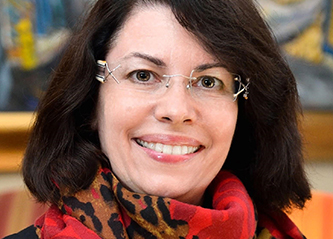
Ruth Lanius, MD, PhD
Professor of Psychiatry and Director of the Post-traumatic Stress Disorder (PTSD) research unit at the University of Western Ontario. Coauthor of The Impact of Early Life Trauma on Health and Disease: The Hidden Epidemic, and Healing the Traumatized Self: Consciousness, Neuroscience, Treatment.

Pat Ogden, PhD
Pioneer in Somatic Psychology; Founder and Director of Sensorimotor Psychotherapy Institute (SPI); Co-founder of the Hakomi Institute; Author of Sensorimotor Psychotherapy: Interventions for Trauma and Attachment.

Janina Fisher, PhD
Licensed clinical psychologist and former instructor, Harvard Medical School; Advisory Board member of the Trauma Research Foundation
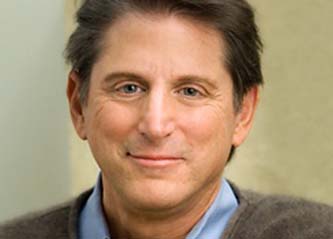
Terry Real, MSW, LICSW
Founder of the Relational Life Institute; Author of I Don’t Want to Talk About It: Overcoming the Secret Legacy of Male Depression and The New Rules of Marriage: What You Need to Make Love Work.
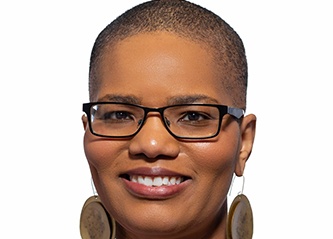
Eboni Webb, PsyD
Licensed psychologist; specializes in DBT for trauma-based disorders and co-occurring disorders; advisor to the DBT National Certification Accreditation Association.

Kelly Wilson, PhD
Co-author of Acceptance and Commitment Therapy: An Experiential Approach to Behavior Change; Founder of OneLife Education Training, LLC.
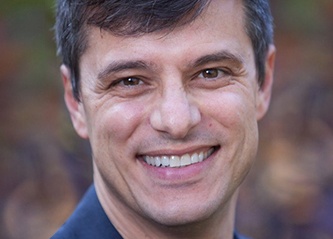
Frank Anderson, MD
Licensed psychiatrist and psychotherapist; program consultant for the IFS Institute; advisor to the International Association of Trauma Professionals; author of Transcending Trauma: Healing Complex PTSD with Internal Family Systems.

Usha Tummala-Narra, PhD
Professor of Counseling, Developmental, and Educational Psychology at Boston College; Author of Psychoanalytic Theory and Cultural Competence in Psychotherapy; Co-author of Applying Multiculturalism: An Ecological Approach to the Multicultural Guidelines.
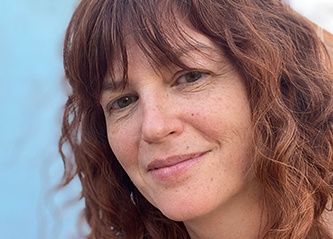
Juliane Taylor Shore LPC, LMFT, SEP
Licensed therapist; expert in trauma recovery and couples counseling; specializes in applying Interpersonal Neurobiology to the healing of trauma; founder of IPNB Psychotherapy of Austin
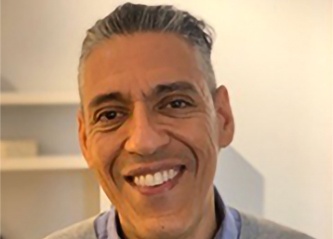
Raymond Rodriguez, LCSW-R
Licensed clinical social worker specializing in trauma therapy with members of marginalized communities; Adjunct Faculty Member at Columbia University School of Social Work; Faculty Member of the Sensorimotor Psychotherapy Institute.
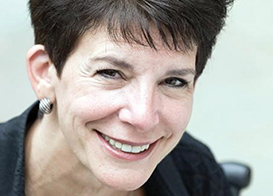
Deany Laliotis, LICSW
Director of Training at EMDR Institute; Specialist in treatment of traumatic stress disorders and attachment issues; author of chapters and articles on EMDR therapy.
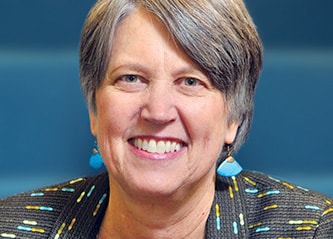
Christine Padesky, PhD
Co-founder of the Center for Cognitive Therapy in Huntington Beach, California; Co-creator of Strengths-Based CBT; Co-author of Mind Over Mood and Collaborative Case Conceptualization.
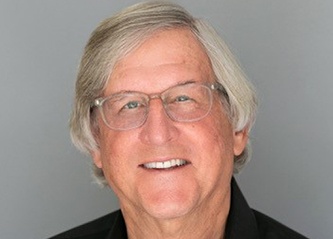
Michael Yapko, PhD
Leading expert in clinical hypnosis and treating depression; Clinical psychologist and author of 15 books including his newest books, The Discriminating Therapist and Keys to Unlocking Depression.

Joan Borysenko, PhD
Founder of Mind/Body Health Sciences LLC; Author of New York Times Bestseller Minding the Body, Mending the Mind.

Ellyn Bader, PhD
Co-creator of The Developmental Model of Couples Therapy; Co-director of The Couples Institute.
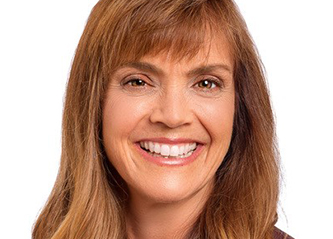
Lynn Lyons, LICSW
Author of Anxious Kids, Anxious Parents: 7 Ways to Stop the Worry Cycle and Raise Courageous & Independent Children, clinical social worker and psychotherapist specializing in anxiety in adults and children.
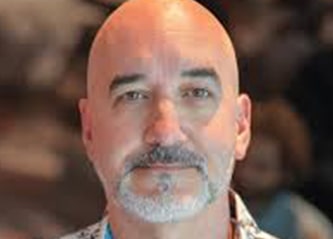
Dennis Tirch, PhD
Founding Director of The Center for Compassion Focused Therapy; President of The Compassionate Mind Foundation of North America; co-author of Experiencing ACT from the Inside Out: A Self-Practice/Self-Reflection Workbook for Therapists.
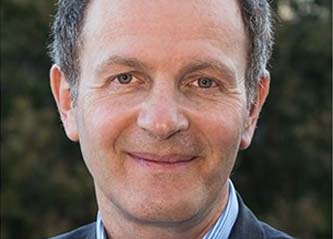
Zindel Segal, PhD
A founder of Mindfulness-Based Cognitive Therapy (MBCT); Professor of Psychology at the University of Toronto.

Ron Siegel, PsyD
Assistant Professor of Psychology, part time, Harvard Medical School; Author of The Mindfulness Solution: Everyday Practices for Everyday Problems and Sitting Together: Essential Skills for Mindfulness-Based Psychotherapy.
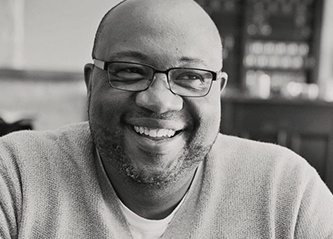
Elliott Connie, MA, LPC
Licensed psychotherapist; founder and Director of The Solution Focused University; co-author of The Art of Solution Focused Therapy.

Christopher Willard, PsyD
Psychologist and educational consultant specializing in mindfulness; president of the Mindfulness in Education Network; serves on the board of directors at the Institute for Meditation and Psychotherapy.
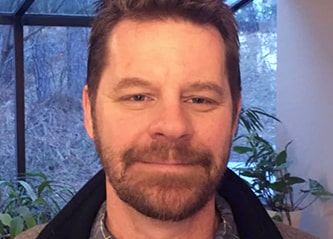
Russell Kolts, PhD
Clinical psychologist and professor of psychology at Eastern Washington University; Founder and Director of the Inland Northwest Compassionate Mind Center; author of The Compassionate Mind Approach to Managing Your Anger.

George Faller, MS, LMFT
Licensed marriage and family therapist; founder and President of the New York Center for EFT; retired Lieutenant of the NYC Fire Department.

Richard Schwartz, PhD
Founder of Internal Family Systems (IFS) and The Center for Self Leadership; Author of Introduction to Internal Family Systems.
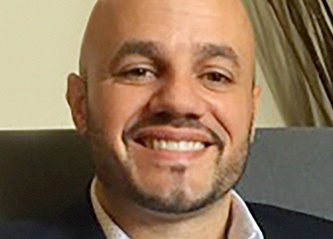
Chris Irons, PhD
Clinical psychologist; Co-Director of Balanced Minds; author of The Compassionate Mind Approach to Difficult Emotions: Using Compassion Focused Therapy;Creator of The Self-Compassion App and Co-Author of the Compassionate Mind Workbook.
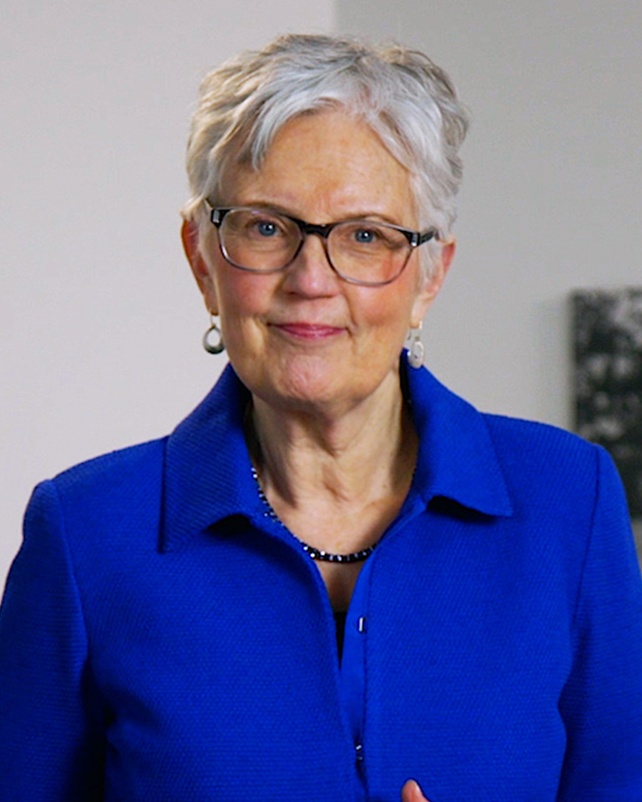
Course Director
Ruth Buczynski, PhD
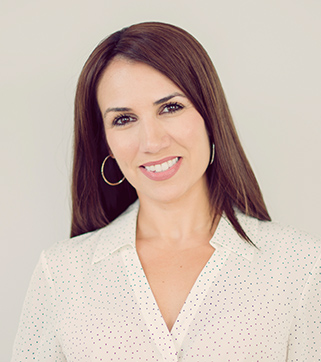
Program Co-Host
Ashley Vigil-Otero, PsyD
Here's What You'll Get:
Everything is yours to keep forever in your professional library
|
|
Downloadable videos of all 9 modules so you can watch at your convenience, on any device |
|
|
Audio recordings you can download and listen to at home, in the car, at the gym or wherever you like |
|
|
Critical Insights sessions to distill key ideas (this is where we “land” the session) |
|
|
Focus on Application sessions to give you concrete strategies to use with your clients |
|
|
Professionally-formatted transcripts of the sessions, to make review and action simple |
Get 2 Bonuses That Give You Even More Strategies to Help Clients Repair Ruptures

Bonus 1 | How to Work with a Client’s Internal Ruptures Using a Parts Approach
Richard Schwartz, PhD Frank Anderson, MD
Pat Ogden, PhD Chris Irons, PhD
- Why a Client’s Internal Ruptures Often Need to Be Addressed Before They Can Attempt Repair with Others
- A Three-Step Strategy to Help Clients Reconcile Conflicting Internal Parts
- How to Help Clients Cultivate Compassion to Soothe Their Vulnerable Parts
- How to Work with Polarized “Victim-Perpetrator” Parts That Often Stem from Trauma

Bonus 2 | How to Help Families Navigate the Process of Repairing Ruptures
Eboni Webb, PsyD Chris Willard, PsyD
- Two Specific Approaches To Help Teach Parents Repair (and Model It for Their Children)
- How to Work with Family Members Who Struggle with Empathy
- Common Challenges That Can Prevent Repair within Families (and How to Overcome Them)
Plus, All 9 Modules Come with Practical Tools to Help You Take Action Immediately and Effectively
Synthesize Key Concepts So You Can Use Them Immediately
Ron Siegel, PsyD and Usha Tummala-Narra, PhD sit down with Ruth Buczynski, PhD for 9 Critical Insights sessions to dig more deeply into the ideas from each module. They’ll clarify critical concepts and break down key strategies so you can gain confidence in your understanding.

Discover Concrete Practices That Will Work for Your Patients
Over the course of 9 Focus on Application sessions, we’ll turn smart ideas into easy-to-integrate applications for your work. Eboni Webb, PsyD and Chris Willard, PsyD join Ashley Vigil-Otero, PsyD to give you specific practices and exercises based on the ideas from each module. You’ll get strategies you can use with your clients as soon as your very next session.
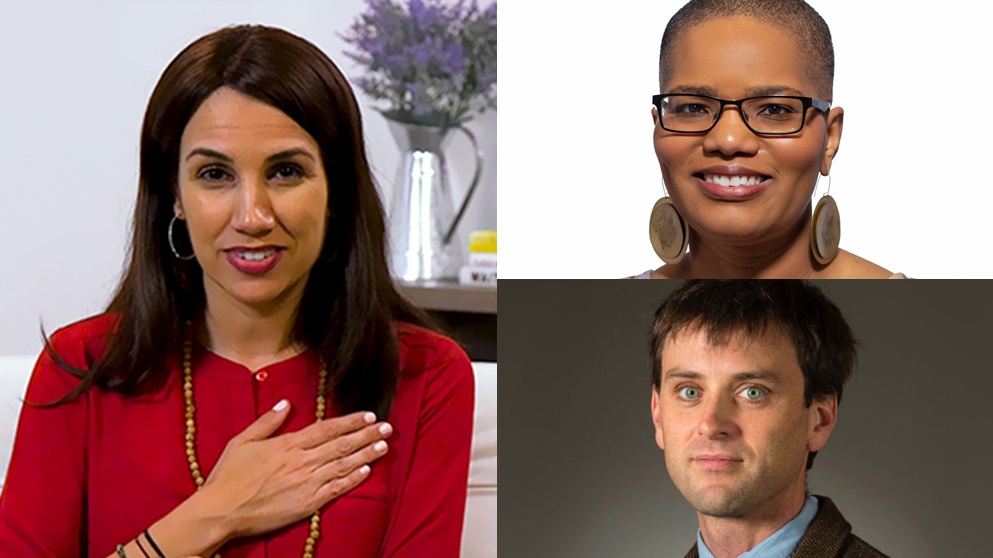
Register Here for $197
You’ll get all the videos, audios, transcripts, and learning tools to help your clients navigate rupture and strength skills of repair
Sign Me Up
Up to 11 CE/CME Credits or Clock Hours are available for purchase at checkout.
Click HERE to get information about CE/CME credits and clock hours as well as speaker disclosures
You Are Protected By
NICABM’s Money-Back Guarantee
We invite you to register for this training program without any risk. Unless you are completely satisfied, we will refund your money. Just let us know within 30 days from the date of registration. We are that confident that you will find this information to be more than you expected.
Here's What Your Peers Have Experienced In NICABM Programs

. . . I feel so fortunate to have this access to brain power, experience and research synthesis . . .
“When I listen to the experts talk openly about their experience, I feel so fortunate to have this access to brain power, experience and research synthesis on cutting edge issues! I go back to the videos to reinforce things that will assist my clients.”
Mary Logan, Counselor
Ipswich, MA

I benefit, my practice benefits, and most important my clients benefit . . .
“I live in Nova Scotia and have limited travel funds at the university at which I work. The series provided by NICABM gives me the rare opportunity to listen to the leaders in the field. As a result, I learn valuable information that would not otherwise be available to me. I benefit, my practice benefits, and most important my clients benefit from the knowledge and wisdom I gain from the series.”
David Mensink, PhD Counseling Psychology, Psychologist
Halifax, Nova Scotia, Canada

. . . some dare to go the extra journey to research and educate
“These NICABM series keep me afloat, in touch, on track, well trained in my field, and more personally healthy. The best aspect, though, is that I feel validated and comforted knowing that some dare to go the extra journey to research and educate, so I can walk the path to health, and can share with others.”
Mary Corsello-Vilcheck, LCSW
Midlothian, VA
Why the Transcript Is Essential:
- The transcript makes it easy to go back and double check concepts, citations and names that are mentioned
- We put in a table of contents to make it easy for you to find the exact part of the webinar you need
- Having the concepts already written allows you to take notes on how you’re going to use the ideas rather than transcribing the ideas
- Some people simply learn better by reading than by listening or watching
- You will be able to print out and share techniques presented in the session with your patients

“I really liked being able to follow along with the transcripts as I listened…it was nice not to feel like I had to take notes. I really feel like I remember more when I both hear and see at the same time.”
Mary Ellen McNaughton, Masters in Counseling, Psychology Counselor
Kelowna, British Colombia, Canada
You Are Protected By
NICABM’s Money-Back Guarantee
We invite you to register for this training program without any risk. Unless you are completely satisfied, we will refund your money. Just let us know within 30 days from the date of registration. We are that confident that you will find this information to be more than you expected.
Register Here for $197
You’ll get all the videos, audios, transcripts, and learning tools to help your clients navigate rupture and strength skills of repair
Sign Me Up
Up to 11 CE/CME Credits or Clock Hours are available for purchase at checkout.
Click HERE to get information about CE/CME credits and clock hours as well as speaker disclosures
